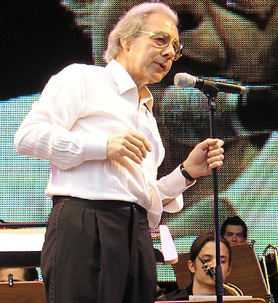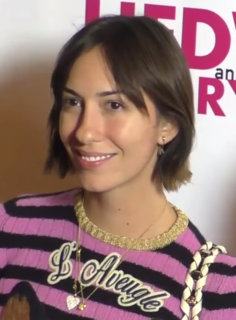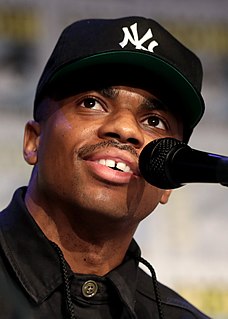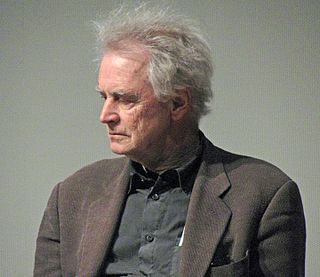A Quote by Justin Simien
I love films from all these different points of views that used the idea of the school as a way to talk about the American experience. It took me a while to figure how to write a movie like that, because that's not something you learn at film school
Related Quotes
I applied [to film school] figuring, "I need to find some structure for myself. I need to find a way to figure out what kind of filmmaker I want to be." And that is what film school provides you with. It'll teach you the basics of how a production works and the technical side of how to put everything together, but you could also learn that by working on film sets.
By the time I got to school, I had already read a couple hundred books. I knew in the first grade that they were lying to me because I had already been exposed to other points of view. School is basically about one point of view -- the one the teacher has or the textbooks have. They don't like the idea of having different points of view, so it was a battle. Of course I would pipe up with my five-year-old voice.
I went to graduate film school at NYU, and at first I didn't get a degree, because I took a scholarship that was supposed to pay my tuition, and I used it to make a film. For the longest time, I never actually graduated. And about 70 percent of the things I learned there I had to unlearn, but 30 percent was really valuable. It's like Mark Twain said, "Don't let school get in the way of your education."
I was very young, maybe five. The opera was very... I was attracted to opera to the point that I think it's the reason I started to write music for films. I never studied. There are film and music school that teach you how to write music. I never studied that. But the influence of opera, which is a combination of storyline, visuals, staging, plus music... that was perhaps the best school I could have had. That's what gave me the idea of coming to Hollywood to write music for films.
I went to acting school with Mario Van Peebles. For a little while, he was at the same school. So he asked me if I wanted to do [ New Jack City]. He said, "There's not really a role. We'll figure something out. But would you like to?" And I was like, "Sure." 'Cause he said it was Chris Rock and Ice T's first movie.
I'm not afraid to write about madness. I always figure that whatever most embarrasses you is something that everyone can relate to, really...because we're just not that different. So if you think, 'Oh my god, this is so embarrassing. I can't possibly talk about that,' and you write about it, the audience is gonna be like, 'that happened to me!
I never intended to have a career as a journalist, writing about people who make movies. I did it as something that was really rewarding to do, given the opportunity to express myself about something I cared about, and also to learn a lot by watching filmmakers I admired. In a sense, it was my film school. After doing it for a few years, I decided that the time had come to get it together and do some work of my own. Even for a cheap movie, you need film stock and equipment and actors. Whereas to write, all you need is paper and an idea, so I felt that writing might be my stepping stone.
My life plan was to get into drama school and become an actor, but it took me three years. I applied while I was still at school in my final year, and I didn't get in anywhere, so I took a job in a comedy club - not doing stand-up comedy, because that's my idea of hell, but in the office - and I went traveling.
School doesn't teach you much. School teaches you how to follow directions, that's what school is for. And in life, not necessarily following directions helps you get certain places - because you go to the right school you can learn the right things, and you go to the wrong school you can learn the wrong things, so it just all depends. But school doesn't really teach you how to interact with people properly, you learn that outside of school.
I write poetry to figure things out. It's what I use as a navigating tool in my life, so when there's something that I just can't understand, I have to "poem" my way through it. For that reason I write a lot about family, because my family confuses me and I'm always trying to figure them out. I write a lot about love, because love is continually confusing in all of its many glorious aspects.






































